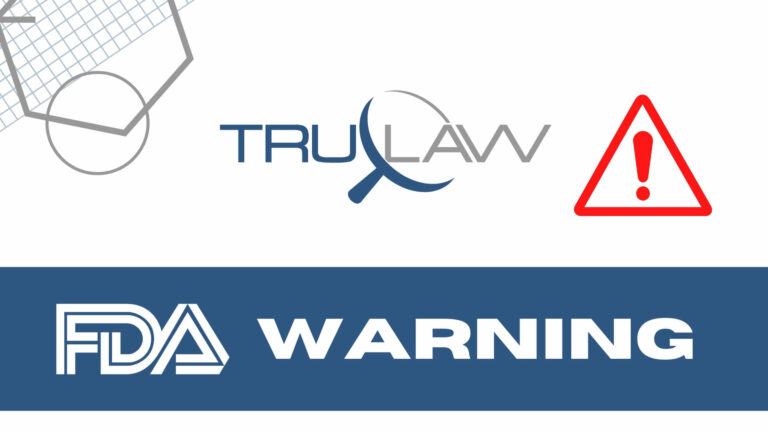
The FDA is informing the public of reports it has received indicating T-cell malignancies, which include chimeric antigen receptor CAR-positive lymphoma, in patients who were treated with autologous CAR T cell immunotherapies under BCMA (B-cell maturation antigen) or CD19 direction.
The reports, taken from clinical trials and other “postmarketing adverse event (AE) data sources,” helped the FDA determine a connection between all currently-approved BCMA-directed and CD19-directed genetically modified autologous CAR T cell immunotherapies and T-cell malignancy risk. Officials note that patients who received treatment with multiple products in the class of immunotherapies have shown instances of T-cell malignancies.
The products in question include the following (by trade name):
- Abecma (idecabtagene vicleucel)
- Breyanzi (lisocabtagene maraleucel)
- Carvykti (ciltacabtagene autoleucel)
- Kymriah (tisagenlecleucel)
- Tecartus (brexucabtagene autoleucel)
- Yescarta (axicabtagene ciloleucel)
While the FDA maintains that, under proper uses, the benefits of the above products exceed their possible risks, an investigation into cases of T cell malignancy is underway. The agency says it is focusing on cases with serious outcomes that involve hospitalization and death to determine whether the products need to be regulated.
The FDA communication, posted on November 28, 2023, acknowledges that a class warning in the U.S. prescribing information (USPIs) of the possible risk of developing secondary malignancies is in place for authorized BCMA-directed and CD19-directed genetically modified autologous T cell immunotherapies. Consumers are informed that this is the case with all gene therapy products that include integrating vectors (lentiviral or retroviral). Such products were subject to postmarketing requirements (PMRs) under the Federal Food, Drug, and Cosmetic Act (FDCA)’s Section 505(o). Under those approvals, 15-year “follow-up observation safety studies” are required to determine the product’s long-term safety and risk of secondary malignancies post-treatment.
In consideration of these risk, the FDA outlined recommendations for healthcare providers and patients:
- Patients and clinical trial participants being treated with any of the above products should be closely and regularly monitored for secondary malignancies.
- The manufacturer should be alerted in the event that a patient develops a new malignancy after treatment with a given product.
- Obtain instructions on how to collect patient samples to test for the Chimeric Antigen Receptor (CAR) transgene.
- Any suspected adverse events involving T cell malignancies should also be reported to the FDA as the agency continues to monitor the risks of the above products and those similar.
If you have suffered an adverse health outcome that can be linked to a compromised medical device and/or treatment, we would like to help you pursue maximum compensation. Our compassionate attorneys at TruLaw work tirelessly to help people in your situation hold negligent parties accountable. To learn how we can work together, connect with us online or take our free Instant Case Evaluation ℠.